Growing herbs in your garden is like having a living medicine cabinet right outside your door. These versatile plants add flavor to your meals and can also help soothe common ailments. From easing upset stomachs to calming frazzled nerves, these herbs pack a powerful punch in a small package.
By cultivating these dual-purpose plants, you’ll boost your self-reliance and have natural remedies at your fingertips. Get ready to discover the healing power hiding in your herb garden! For simple ailments that don’t need professional medical attention, my herbs are my first port of call.
1. Peppermint
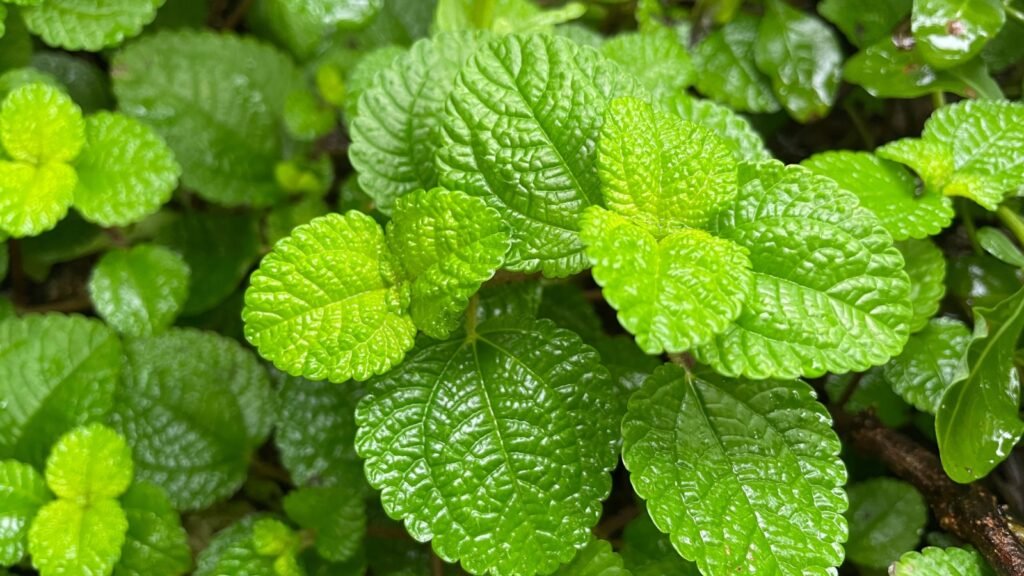
Peppermint is a cooling herb that can ease digestive discomfort and headaches. Steep 1-2 teaspoons of dried leaves in hot water for 10 minutes to make a soothing tea. For tension headaches, try rubbing peppermint essential oil on your temples. This hardy perennial spreads quickly, so grow it in containers to keep it under control. Peppermint also contains rosmarinic acid, which has been shown to have anti-inflammatory properties and may help with seasonal allergies when consumed regularly.
2. Chamomile
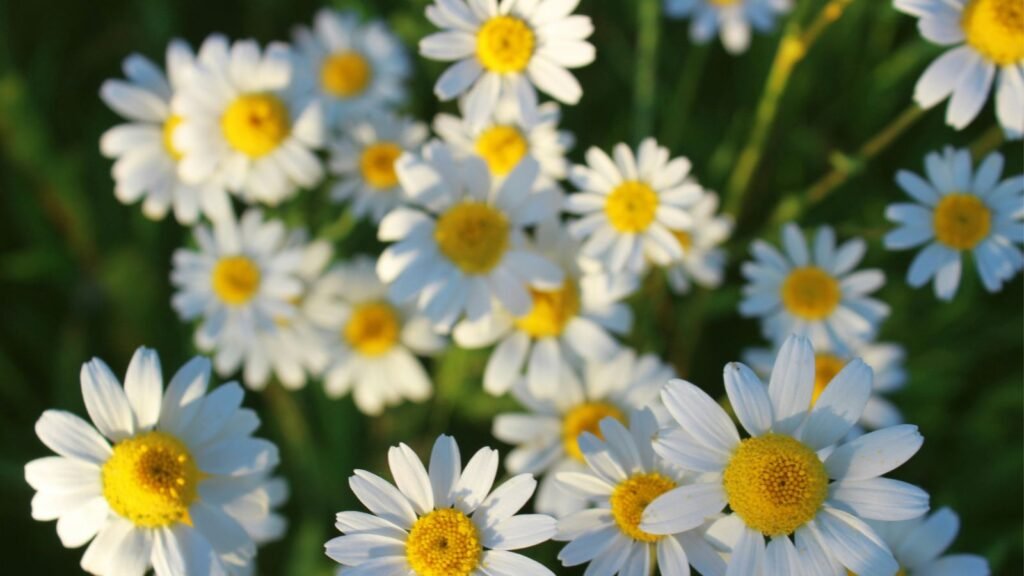
Known for its calming properties, chamomile can help with sleep and anxiety. Brew a tea using 2-3 teaspoons of dried flowers per cup of hot water. For skin irritations, make a strong tea and use it as a cool compress. Chamomile grows easily from seed and will often self-sow in the garden. The two most common varieties for medicinal use are German chamomile (Matricaria recutita) and Roman chamomile (Chamaemelum nobile), both of which contain beneficial compounds like apigenin and bisabolol.
3. Echinacea
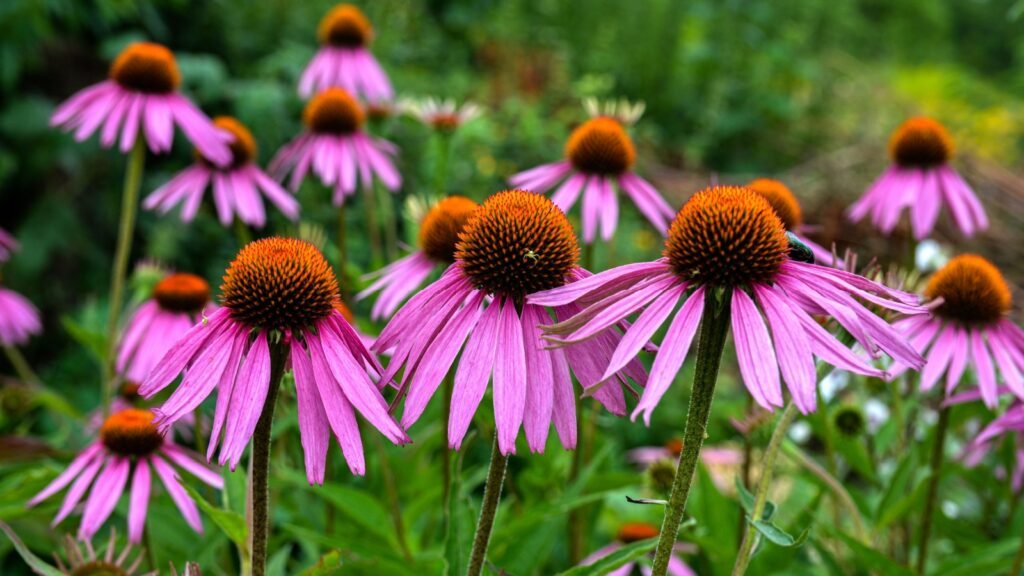
Echinacea is famous for boosting the immune system and fighting colds. Make a tea by steeping 1-2 teaspoons of dried root or leaves in hot water for 15 minutes. Take at the first sign of illness for best results. This hardy perennial attracts butterflies and can thrive in poor soil conditions. Studies have shown that echinacea can reduce the duration and severity of colds by up to 30% when taken at the onset of symptoms.
4. Lavender
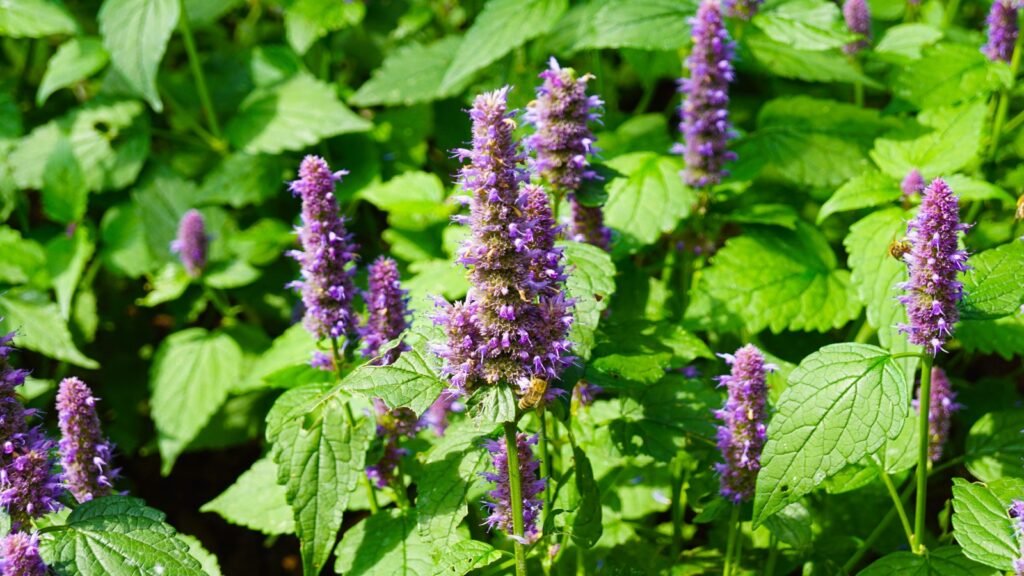
The sweet scent of lavender can help reduce stress and improve sleep quality. Place dried flowers in sachets under your pillow or add a few drops of lavender essential oil to your bath. For cooking, use the flowers sparingly in desserts or herbal teas. Lavender prefers well-drained soil and full sun. Research has shown that inhaling lavender scent can decrease heart rate and blood pressure, making it an effective natural relaxant.
5. Thyme
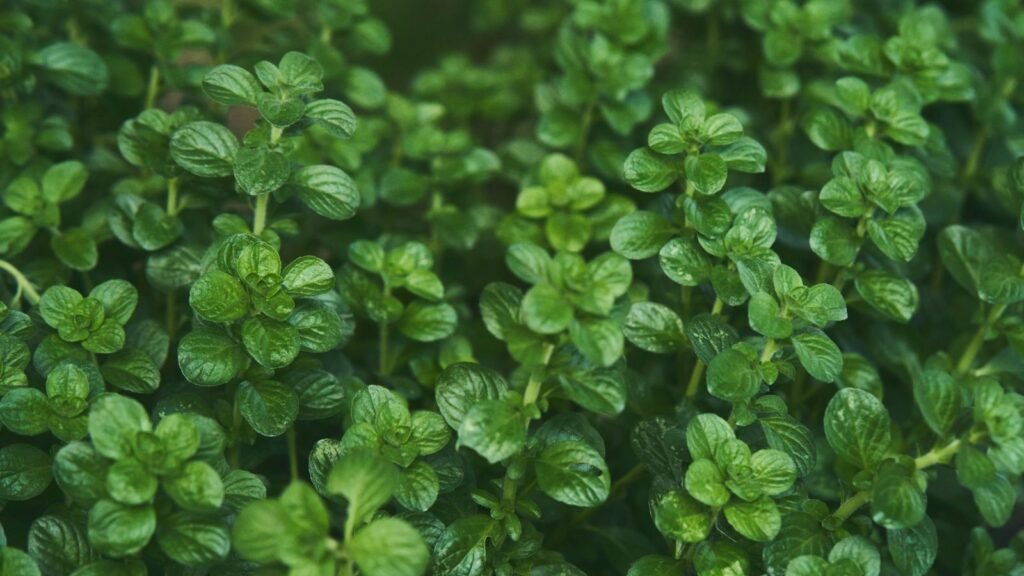
Thyme has powerful antimicrobial properties, making it useful for respiratory issues. Make a tea by steeping 1 teaspoon of dried leaves in hot water for 10 minutes. For a sore throat, try gargling with thyme tea. This low-growing herb is drought-tolerant and perfect for rock gardens or as a ground cover. Thyme contains thymol, a compound that has been shown to be effective against various bacteria, including those resistant to some antibiotics.
6. Sage
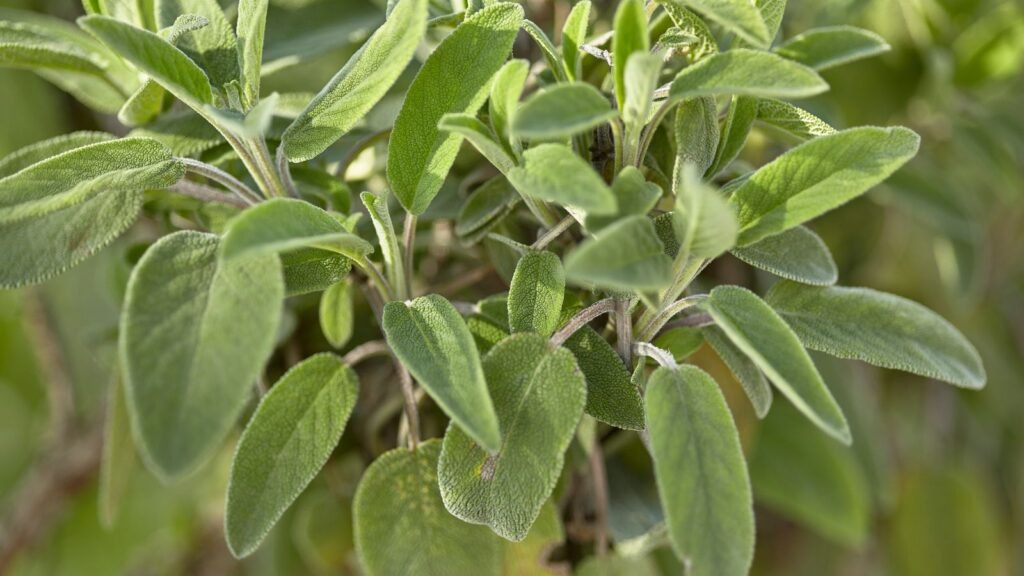
Sage is excellent for soothing sore throats and aiding digestion. Gargle with a strong sage tea or chew on a fresh leaf to relieve throat pain. For digestive issues, drink a cup of sage tea after meals. This woody perennial prefers dry, sunny spots and can live for several years with proper care. Sage has also been shown to have memory-enhancing properties, with some studies suggesting it may be beneficial for cognitive function in older adults.
7. Rosemary
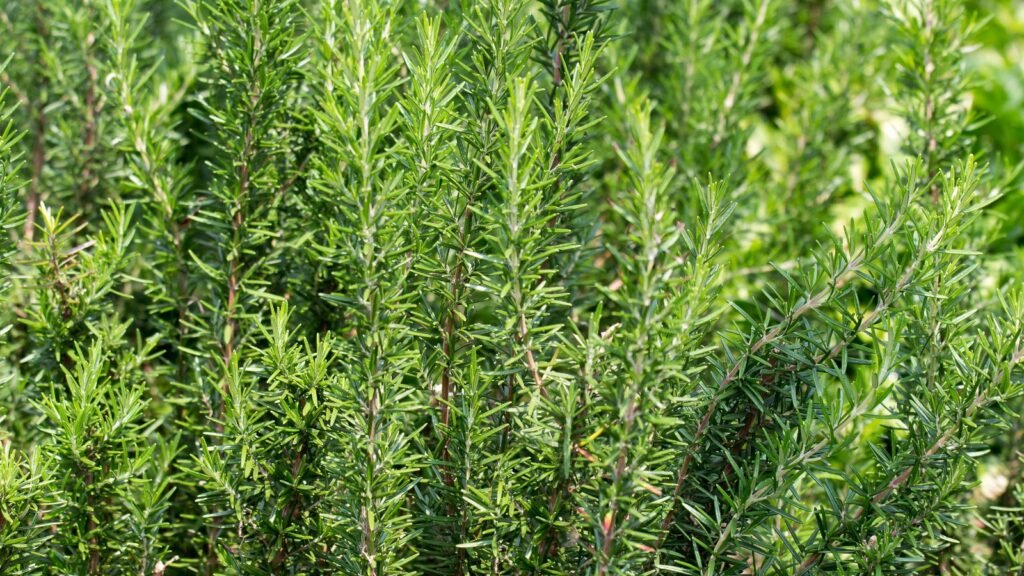
Rosemary can improve memory and concentration while reducing muscle pain. Inhale the aroma of fresh sprigs or add a few drops of rosemary essential oil to a diffuser. For sore muscles, add 1 cup of strong rosemary tea to your bath water. This Mediterranean herb needs full sun and well-drained soil to thrive. Rosemary contains carnosic acid, a powerful antioxidant that may help protect brain cells from damage and improve circulation to the brain.
8. Lemon Balm
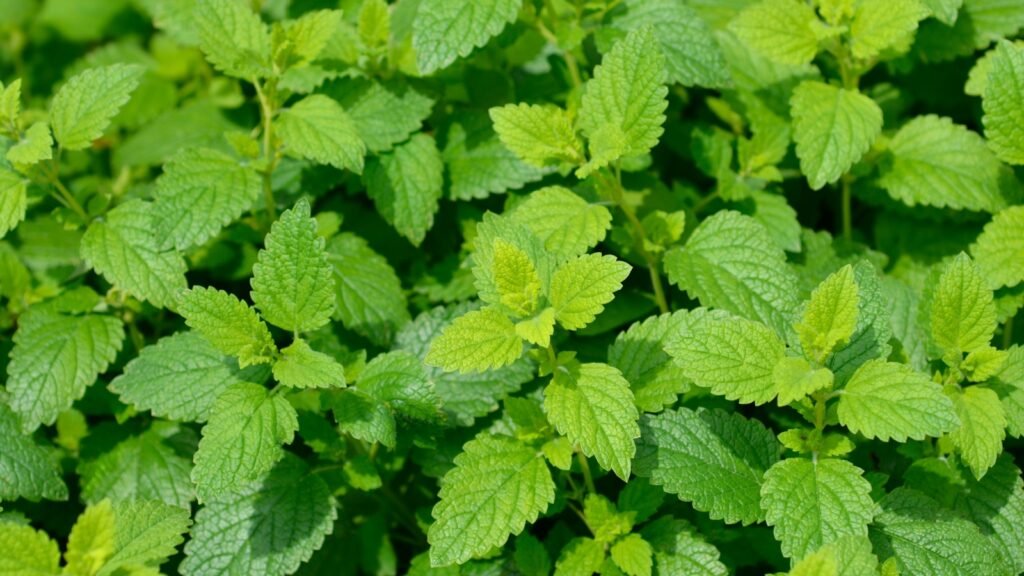
Lemon balm is great for reducing anxiety and promoting better sleep. Make a calming tea by steeping 1-2 teaspoons of dried leaves in hot water for 10 minutes. For cold sores, apply lemon balm salve directly to the affected area. This vigorous grower can spread quickly, so consider planting it in containers. Lemon balm has also been shown to improve cognitive function and mood in people with mild to moderate Alzheimer’s disease when used regularly.
9. Calendula
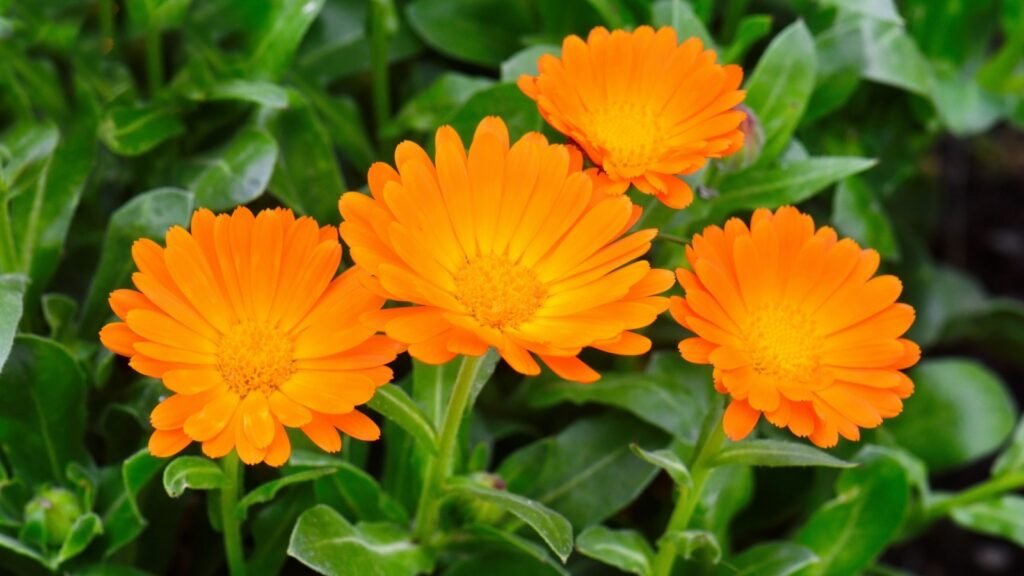
Calendula flowers have anti-inflammatory properties that can help heal minor wounds and skin irritations. Make a salve by infusing the flowers in oil and combining with beeswax. For internal use, drink calendula tea to support the immune system. These cheerful orange flowers are easy to grow and will self-sow readily in the garden. Calendula contains high levels of flavonoids, which are antioxidants that can help protect cells from damage caused by free radicals.
10. Yarrow
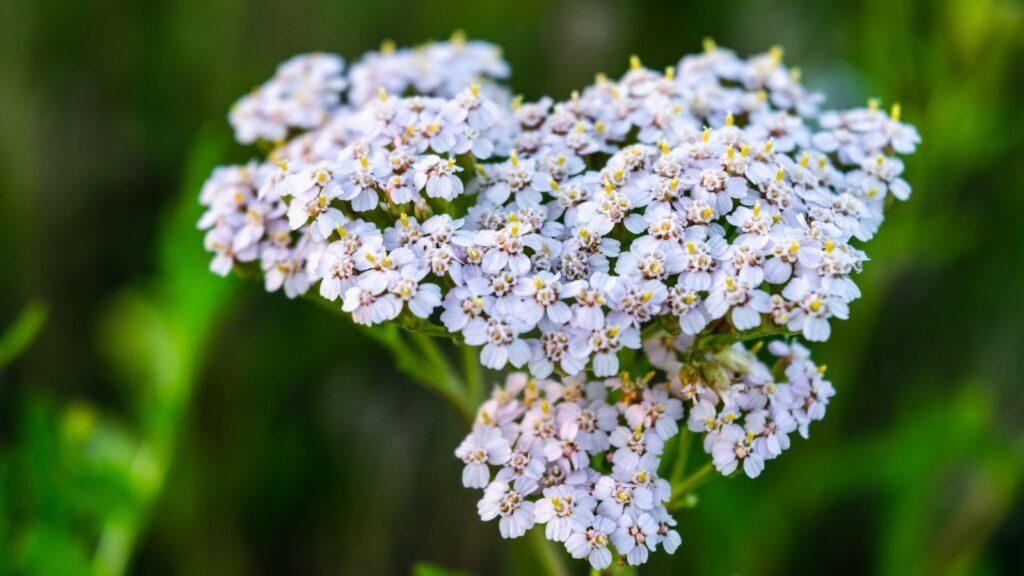
Yarrow has been used for centuries to stop bleeding and fight infection. Apply fresh, crushed leaves directly to minor cuts and scrapes. For fevers, drink a tea made from 1 teaspoon of dried yarrow flowers steeped in hot water for 10 minutes. This tough perennial can thrive in poor soil and withstand drought. Yarrow also contains compounds that can help stimulate digestion and improve circulation, making it a versatile herb for overall health.
11. Fennel
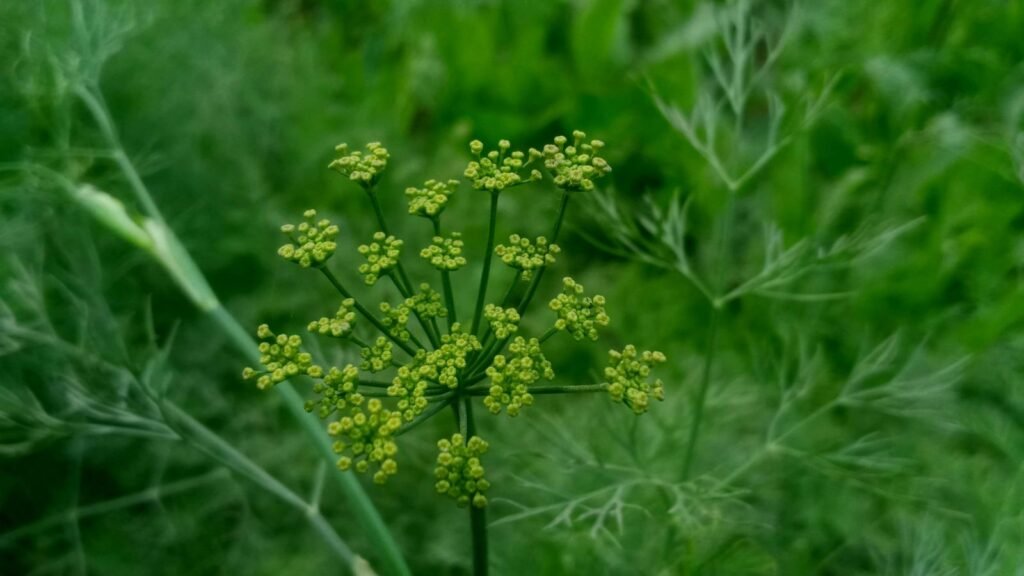
Fennel seeds can help relieve bloating and gas. Chew on a teaspoon of seeds after meals or make a tea by steeping 1 teaspoon of crushed seeds in hot water for 10 minutes. The feathery leaves can be used in salads or as a garnish. Fennel can grow quite tall, so give it plenty of space in your garden. Fennel is also a good source of vitamin C, potassium, and fiber, making it beneficial for heart health and digestion.
12. St. John’s Wort
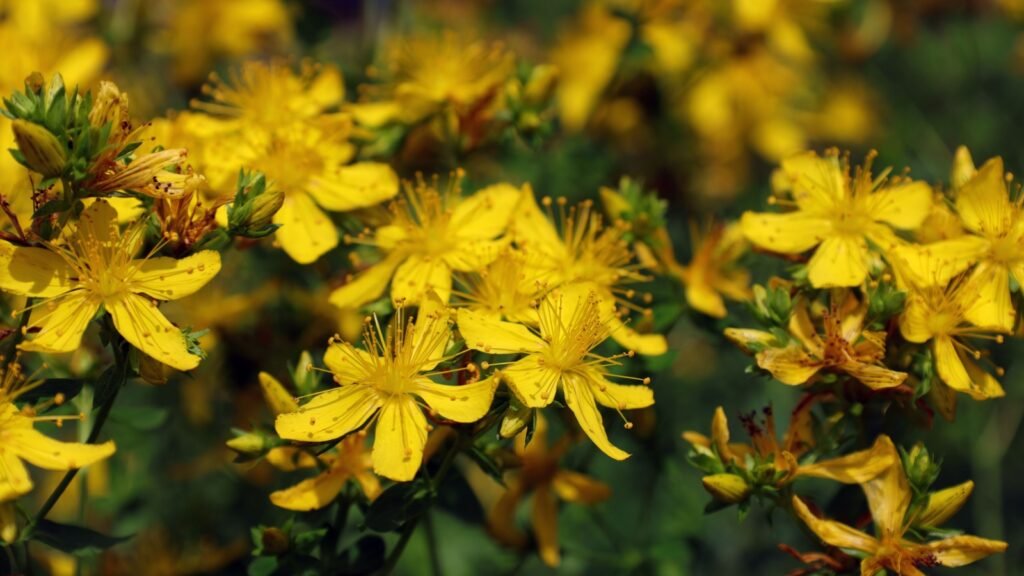
St. John’s Wort is known for its mood-lifting properties. Make a tincture by soaking the flowers in vodka for 4-6 weeks, then take 30-40 drops in water twice daily. It can also be used topically for nerve pain. This sunny yellow flower prefers well-drained soil and full sun. It’s important to note that St. John’s Wort can interact with many medications, so always consult with a healthcare professional before using it, especially if you’re taking prescription drugs.
13. Valerian
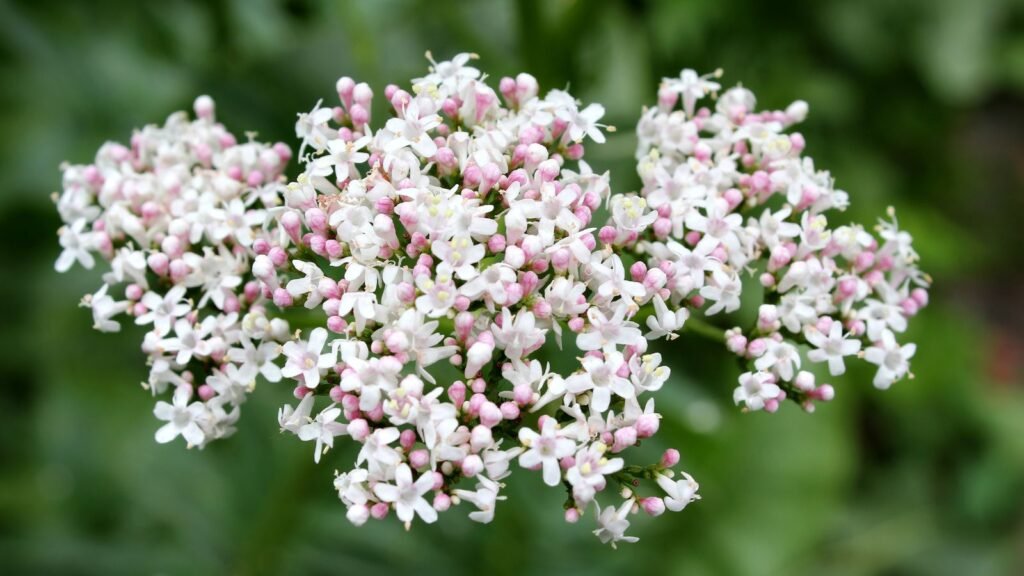
Valerian root is a powerful sleep aid and can help with anxiety. Make a tea by steeping 1 teaspoon of dried root in hot water for 10 minutes before bedtime. The flowers are also beautiful and attract pollinators to your garden. Valerian can grow quite tall, so plant it at the back of your herb garden. Studies have shown that valerian can improve sleep quality without the side effects associated with pharmaceutical sleep aids, making it a popular natural alternative.
14. Elderberry
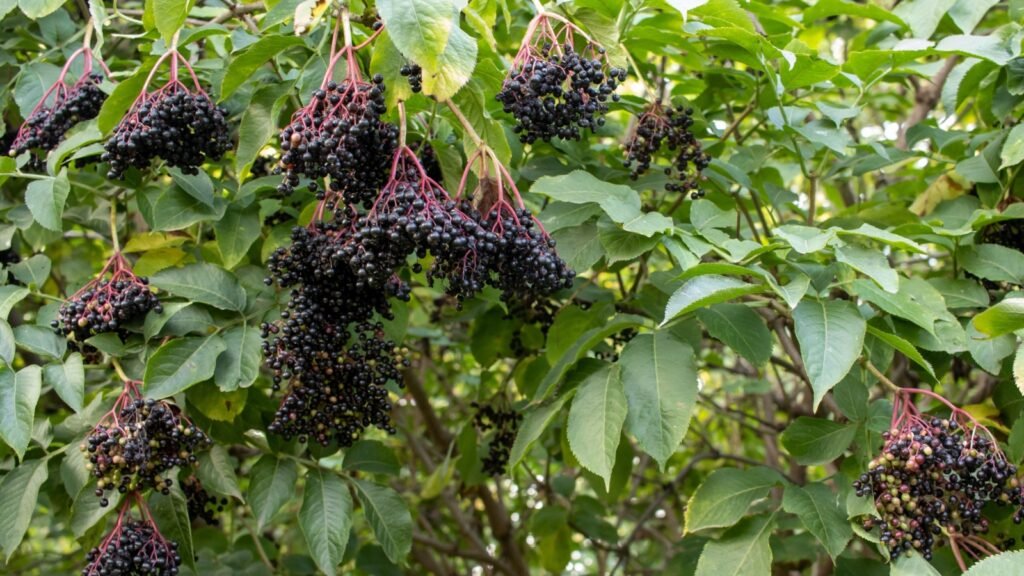
Elderberry is packed with immune-boosting compounds. Make a syrup by simmering 1 cup of berries with 1/2 cup of honey for 30 minutes, then take 1 tablespoon daily during cold and flu season. The flowers can also be used to make a soothing tea. Elderberry bushes can grow quite large, so give them plenty of space. Research has shown that elderberry extract can significantly shorten the duration of flu symptoms and reduce their severity when taken within 48 hours of symptom onset.
15. Mullein
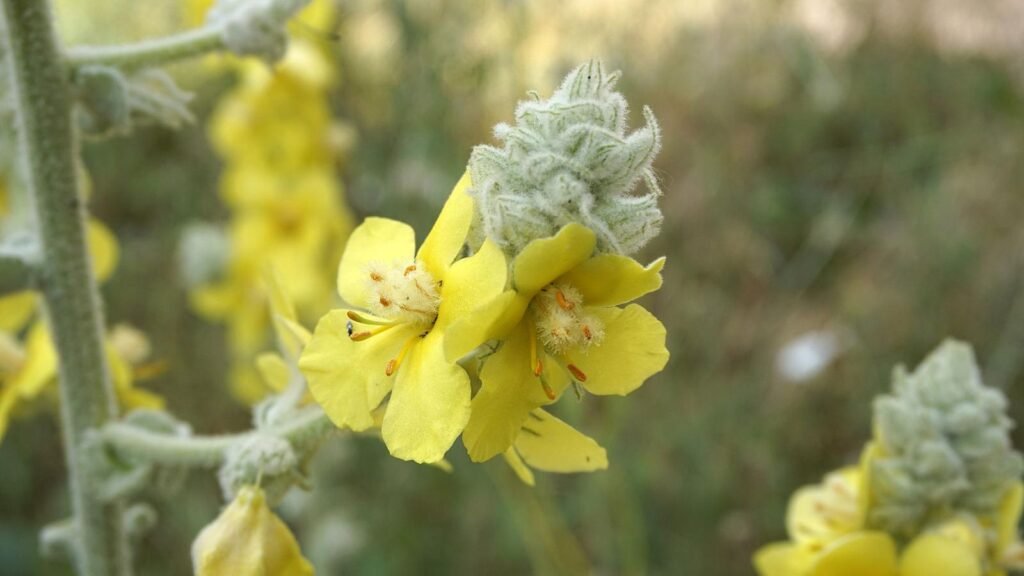
Mullein leaves are excellent for respiratory issues. Make a tea by steeping 1-2 teaspoons of dried leaves in hot water for 10 minutes, straining well to remove the fine hairs. The tall flower stalks add vertical interest to the garden and attract pollinators. Mullein is drought-tolerant and can thrive in poor soil conditions. The seeds of mullein have also been traditionally used to make an oil that can help relieve ear infections, though it’s important to use only properly prepared, sterile oil for this purpose.

